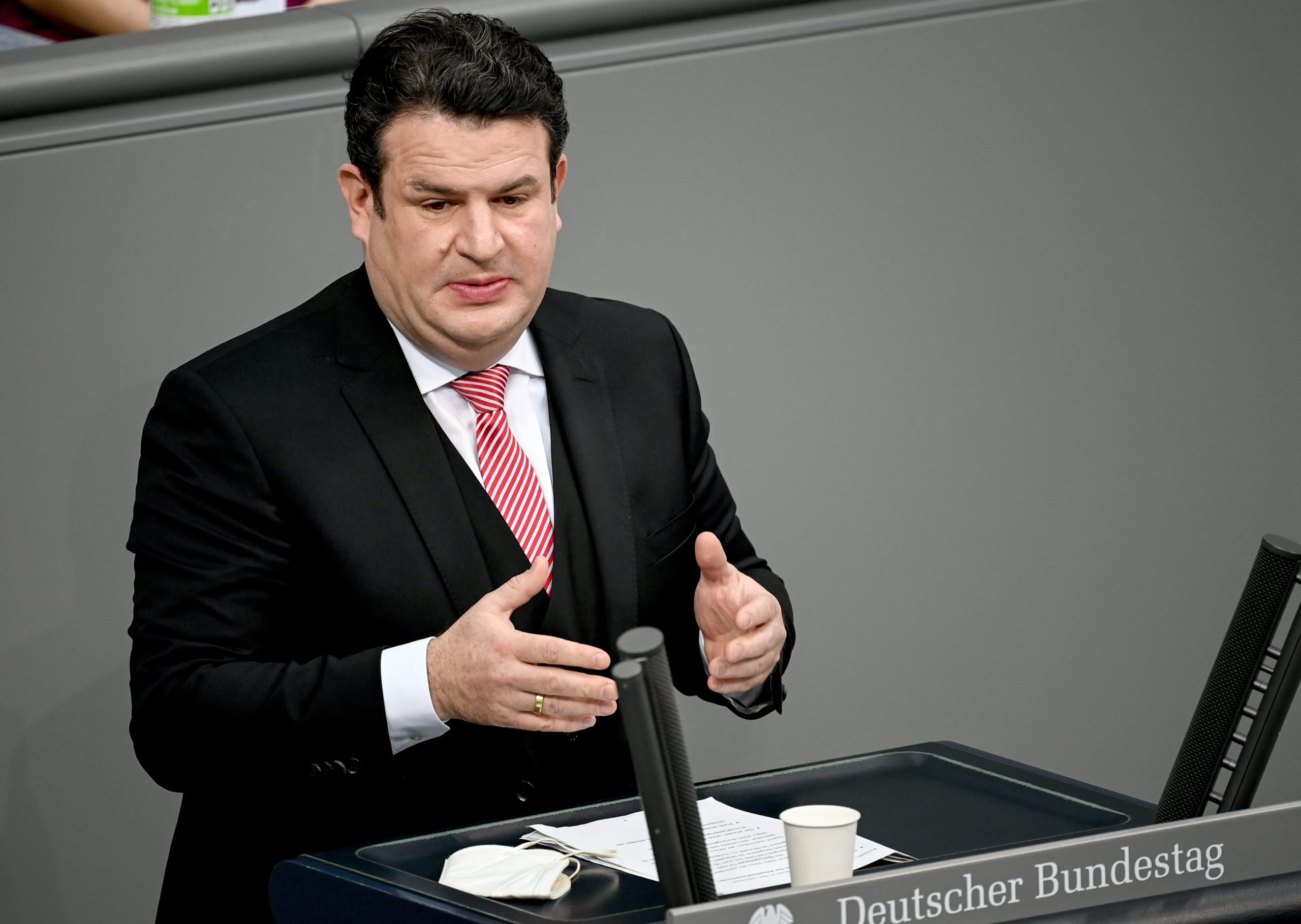It should probably go without saying, but before you can bring family to Germany you need to have the legal right to live here yourself. So you need to have a valid residence permit, such as an EU Blue Card, long-term residence permit, or settlement permit etc.
Generally family reunification is not an option for short-term visa holders, such as people with Schengen visas, job seeker visas or business visas.
Which ‘immediate’ family members can you bring to Germany?
German residents can generally invite their immediate non-EU family members to join them. In this case immediate family is considered spouses, children under 18 years old, and parents of children who are under 18.
These immediate family members are allowed to enter the country for the purpose of reunification for a long-term stay (meaning over 90 days), and can enter Germany with or without the reference person, or person inviting them. But they still need to meet the necessary requirements for entry into the Bundesrepublik, such as holding the correct visa.
Entry to the country for partners for the purpose of marriage (the D visa) is also possible.
Immediate family relationships can be proven by a marriage certificate, a certificate of civil partnership, a birth certificate, or a notarised extract from the family record or the civil status register.
Civil partnerships are acceptable in some cases, but in all cases your partner must be over 18 years old, and the marriage or partnership must be legitimate. Faking a marriage for the purpose of immigration is a serious offence in Germany.
READ ALSO: How to have your marriage abroad recognised in Germany
Regarding reunification, a person’s children are defined as unmarried minors and can be extended to non-biological children such as stepchildren, foster children and adopted children.
When approved, visas for family reunification are granted for a minimum of one year, and can be longer to match their partner’s visa. So if you’re in Germany on a two-year student visa, for example, your spouse may be granted a two year visa to allow them to stay with you for the duration of your studies.
When can you invite extended family members?
First and second-degree relatives are generally not permitted to enter Germany for short-term family visits, but exceptions are made in some cases for ‘urgent’ family reasons.
According to Germany’s Ministry of the Interior and Community (BMI), urgent family reasons may include births, weddings, and deaths or funerals. Additional special exceptions may apply in cases when serious illness results in a first or second degree family member urgently needing help, or being left in the absence of an adult or legal guardian.
In these cases, travellers should carry suitable proof of their urgent family situation, which clearly demonstrates the need to enter the country.
READ ALSO: How to write a visa invitation letter for family and friends to visit you in Germany
More distant family members who are not EU nationals are not permitted to enter Germany for family reasons.
What else do you need before inviting your family to Germany?
Before you can bring a family to live with you in Germany, you need to be able to demonstrate your ability to provide for yourself and your family members who plan to join you.
Namely, the German state allows family immigration for residents who support themselves without welfare benefits, and have secured sufficient housing, health insurance and income to cover their family’s needs.
Sufficient living space is generally considered to be housing that amounts to more than 12 square metres of space for each family member above the age of six, and more than ten square metres of space for each child under six. Adequate facilities, such as a kitchen and bathroom with toilets should also be included.
Regarding the requirements of your family members, their identity and nationality needs to be verifiable – typically with a valid passport. Finally, they will need to prove that they are not a threat to safety, and that there are no grounds for their expulsion from the country. This can be verified by providing a criminal record for examination.
Relaxed reunification requirements for skilled workers
As part of the government’s plan to attract more skilled workers to the country, some family reunification rules have been relaxed as of March 1st.
Blue Card holders and residents on skilled worker permits who have arrived after March 1st are able to bring their parents with them. In the case that their spouse is also a German resident, the same applies to their parents-in-law.
Additionally the requirement to prove sufficient living space will no longer apply to those bringing their dependent children or spouses into the country.
READ ALSO: The changes to Germany’s immigrations rules in March 2024




 Please whitelist us to continue reading.
Please whitelist us to continue reading.
Member comments